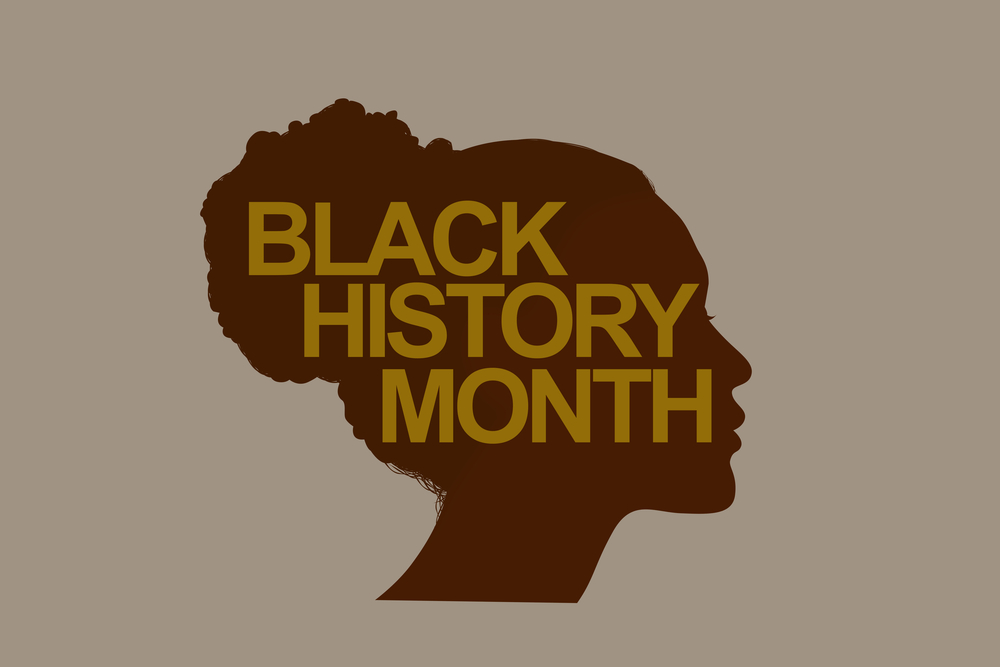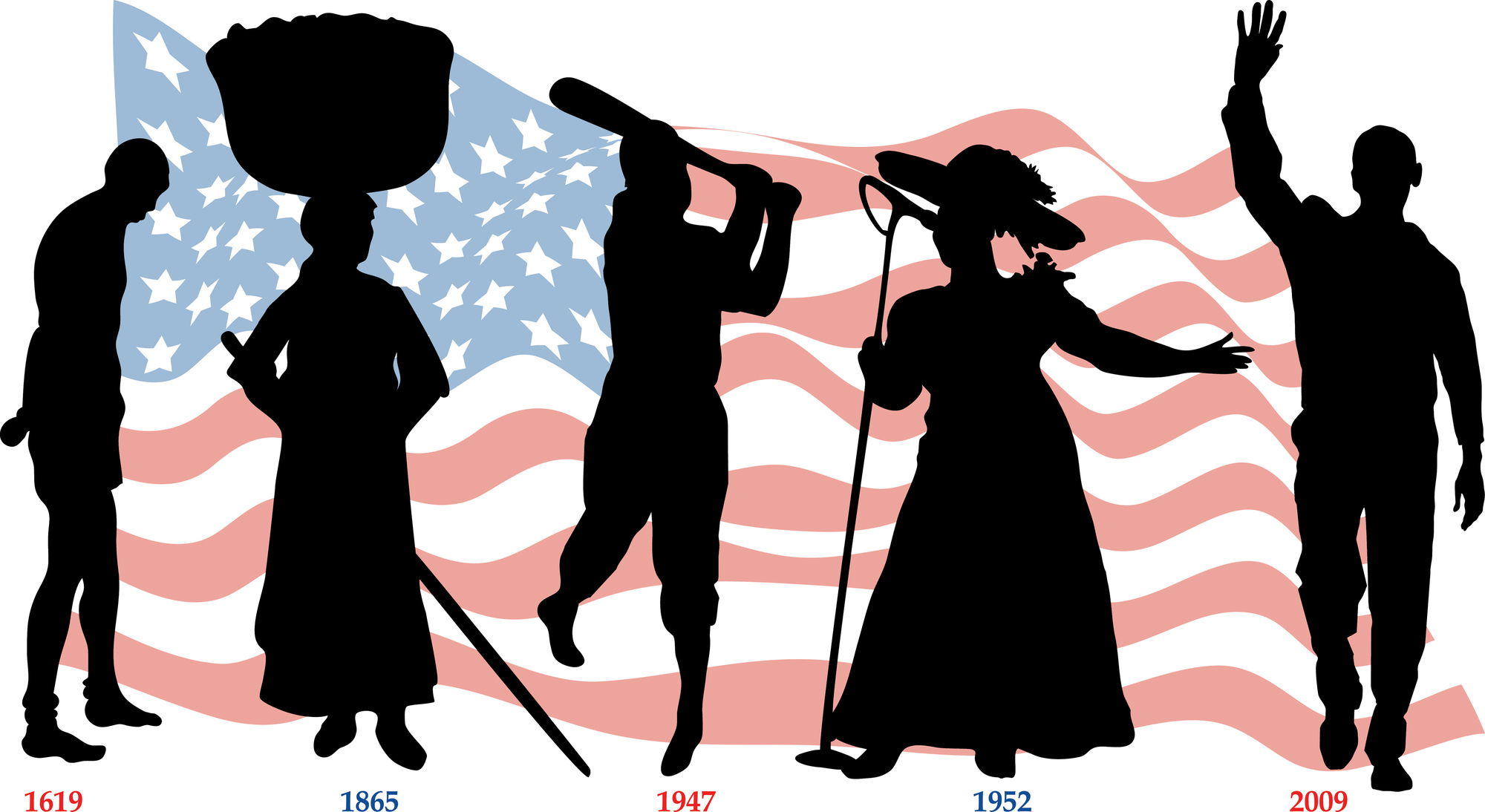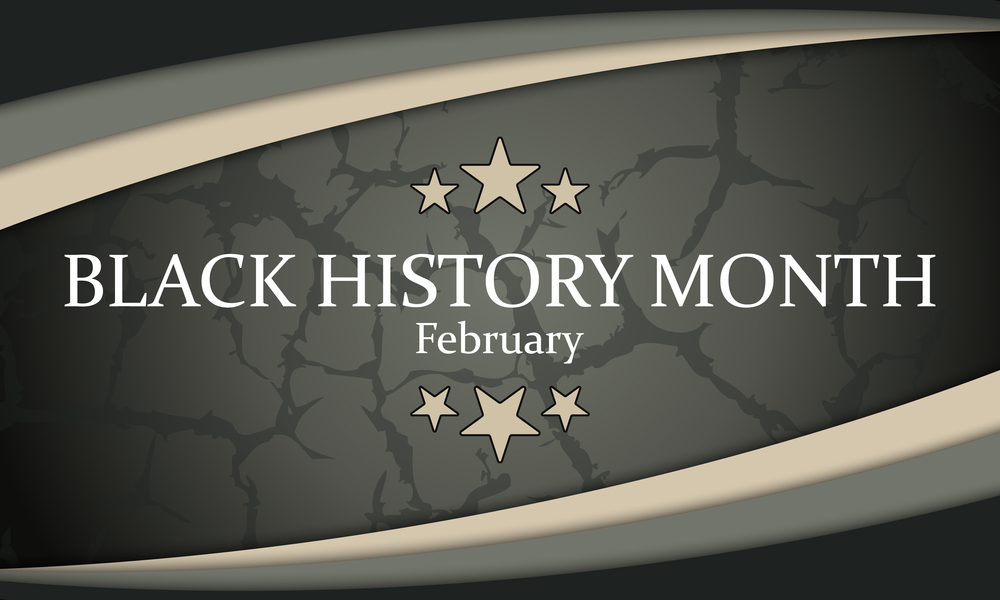Black History Month began in 1926 when Dr. Carter G. Woodson and the Association for the Study of Negro Life and History declared the second week of February to be Negro History Week. In 1969, Black History Month was declared first by students at Kent State University, and it has since become officially recognized by many governments. For this edition of Liberty Matters, we asked a group of scholars to reflect on what role liberty has, can, and should play in Black History Month.
Perspective Essay How Should We Celebrate Black History?
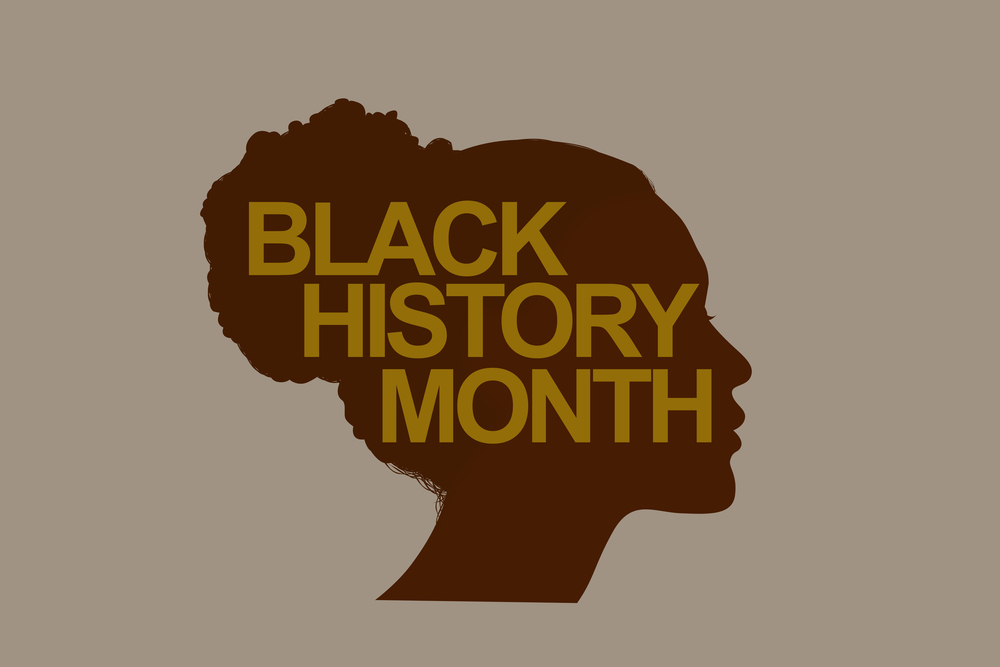
Black History Month is upon us once again. Given the contentiousness around racial justice in the past two years, this celebration of Black American history may be more important than ever. However, observing Black history is not just a celebratory endeavor. For many people, history is more about the present than the past. Many contemporaries look to the past as the source of their present identity, their outlooks, and their ways of interpreting the world. James Baldwin went as far as to say history has “tyrannical power,” over us, and, for Black Americans, that power may insist on adopting and maintaining a downtrodden and painful identity.
That is not the only way to engage history. I see Baldwin’s point about history being a tyrant, but it can also be a teacher. As a teacher, history shows us what happened so we can be better informed and prepared when similar circumstances appear in our present. It can provide encouragement and warning, and it can celebrate, if only inadvertently, the triumphs of a people, a country, or a civilization. History as teacher implores us to “never forget” so that the atrocities of the past are not reborn in our present. As a tyrant, however, history is an incessant reminder of past atrocities and an explicit or implicit demand to do something about them. It implores one to “never forget” in a negative sense, to hold the pain of the past in the hands of the present, and to show allegiance to a people by taking on and feeling the worst that has happened to them. In fact, tyrannical history has prompted people to hold its pain so tightly and intently that they begin to see the present through the filter of the past. Hence, some people will go as far as to say Black people are as oppressed now as they have ever been. Tyrannical history insists on being a tyrannical present.
Rendering the past and present synonymously may be what philosophy professor Shannon Sullivan would call “archeologically” thinking of time, a conception she argues is most beneficial for contemporary race relations. To think of time archeologically, one must begin “thinking of the past and present (and the future) as layered on top of each other in the same lived (“vertical”) space.” Sullivan’s explanation is worth quoting.
As I completed this essay in March 2019, for example, Sacramento, California, was reeling from the lack of charges filed against police officers who shot and killed Stephon Clark, an unarmed African American man who held a cell phone that the police identified as a gun. In a meaningful, non-metaphorical sense, Sacramento is co-temporally living 1492 (the year that systemic European colonization began in what came to be the Americas), 1619 (the year the first boat with captured Africans landed in what is now Virginia), and 1857 (the year of the infamous Dred Scott decision, in which the Supreme Court ruled Black people have no rights that white people must respect), as well as 1955 and a host of additional times. The years 1492 and 1619 and 1857 and 1955 are still now. (Emphasis added)
Clearly, Sullivan takes “vertical” time quite literally. To her, the present is not like the past; it is the past. What’s more, the inherent negative emotionality of this way of thinking is highlighted by the fact that only the bad things that happened in the past are synonymous with the present. Apparently, the Reconstruction period, Supreme Court victories, and the election of the first Black president must remain in the past. If only tragic events of the past manifest presently, then to be Black is to be perpetually victimized by a leviathan of racism in a sea of white supremacy.
Why would someone choose to live in the past? Trauma, coupled with “the devil you know” logic, stifles many Black Americans with anxiety and depression. Tyrannical history tends to induce debilitating fear of the unknown, but improving one’s condition often necessitates entering into previously unknown territory. Yes, Black History is, for the most part, the history of degradation. An entire race was enslaved and subsequently relegated to peonage for centuries. One should not be surprised that emotional and psychological damage was done, but must these effects still persist?
Dr. Joy DeGruy, a Black researcher in trauma, race, and education, calls the residual effects of Black degradation “Post-Traumatic Slave Syndrome (PTSS) and describes it as “a condition that exists when a population has experienced multigenerational trauma resulting from centuries of slavery and continues to experience oppression and institutionalized racism today.” Along with this condition “is a belief (real or imagined) that the benefits of the society in which they live are not accessible to them.” This syndrome has three characteristics—vacant esteem, ever-present anger, and racist socialization—which correspond to low self-worth, consistent antagonism, and racial self-hatred, respectively. DeGruy laments the reality of PTSS as a cause for many problems faced by Black Americans, but she insists that to believe anything else is “nonsensical.”
Some construe this PTSS as the underlying antecedent to current aversions to mainstream culture, including the ideals of integration and, ultimately, liberty. In The Content of Our Character, Shelby Steele, a Black academic, calls this aversion “integration shock” and writes “When blacks move into integrated situations or face challenges that are new for blacks, the myth of black inferiority is always present as a condition of the situation, and as such it always threatens to breach our denial of racial vulnerability.” Steele suggests that many Blacks downplay their present freedoms because those freedoms open doors they feel too vulnerable to walk through.
To avoid the shocks of doubt that come from entering the mainstream, or plunging more deeply into it, we often pull back at precisely those junctures where segregation once pushed us back. . . . The way in which integration shock regenerates the old boundaries of segregation for blacks is most evident in three tendencies—the tendency to minimalize or avoid real opportunities, to withhold effort in areas where few blacks have achieved, and to self-segregate in integrated situations.
Liberty is not seen as the key to achieving one’s hopes and dreams in a fulfilling life. Instead, liberty is seen as a set-up, an opportunity to fail and confirm the idea of Black inferiority. Segregation and pre-Civil Rights America, in which few Blacks were afforded liberty and opportunity, did not have such a keen societal pressure to perform. But when using history to define the present, that pressure is alleviated. If past atrocities are also present atrocities, then if a Black person does fail, it is the fault of an oppressively racist America. So seeing 1492 and 2022 as exactly the same is a source of relief.
At this point, I want to be clear that I am not saying all is well with race relations in 2022. As far as we’ve come as a nation, we still need to weed out racism where we can and make sure that institutional policies don’t exacerbate racial disparities. Also, although I do not agree with Sullivan’s conception of time and do not exemplify PTSS or integration shock myself, I can see this relentless embrace of negative history as less of a confluence of past and present and more as a historical specter, a haunting feeling that never dissipates.
Perhaps the issue is not that many Black people cannot see the beauty and liberty of the present, but that they cannot handle the unpunished cruelty of the past. Many Black people may walk around with a nagging refrain firmly settled in the recesses of their minds, a malignant maxim that colors everything they see in shades of degradation and defeat: “They got away with it.” So, if Blacks move on, they are, in effect, saying that what happened is fine, letting bygones be bygones. White people will have literally gotten away with murder, enslavement, and other atrocities.
Thus, many believe we must honor those who came before us by bringing the past into the present and insisting that the atrocities that happened to past Black Americans are still happening today. It is not a phenomenon like PTSS that prompts this identification with the past. Instead, this identification is a version of celebration that can only be understood by those who have never had real restitution for centuries of wrongs perpetrated against them.
I have a different perspective. To honor Black history, we must respect those Black Americans who struggled to get us the liberty we currently have by exercising that very liberty. To do otherwise would be a profound act of disrespect. They fought for Black liberty just for us to neglect it? We should acknowledge the good and bad of the past in our classrooms, our workplaces, our congregations, and our homes, but the present is its own thing, with its own living beings, with their own hopes and dreams, creating their own reality. The point of the past is to inform us of what we want to do and where we want to go in the future. Again, the past should be acknowledged, respected, and learned from, but the present and the future should be our most salient concerns.
To insist that things are as bad now as they once were is to ignore a significant part of the Black history we should be celebrating. It also erases Black accomplishments and strongly suggests that many happy and successful Blacks are ignoring the past and sticking their heads in the sand regarding the present. As I see it, my duty as a Black person is to embrace the life, liberty, and pursuit of happiness my predecessors fought to make available to Black people.
Baldwin, in the same essay that labeled history “tyrannical,” insists that the “old men and women” who were too elderly to fully participate in the Civil Rights Movement believed that the goal of the movement was to bring Blacks to a position where they can “trust life,” because “it will teach you, in joy and sorrow, all you need to know.” These men and women “waved and sang and wept and could not join the marching, but had brought so many of us to the place where we could march.” Baldwin wrote this in 1965; it rings even truer now. If Black history is full of people who fought so that Blacks can have a good life, pursuing and acquiring a good life is the strongest way to honor them.
So let us all celebrate Black history with gusto, but not to the detriment and neglect of our Black present.
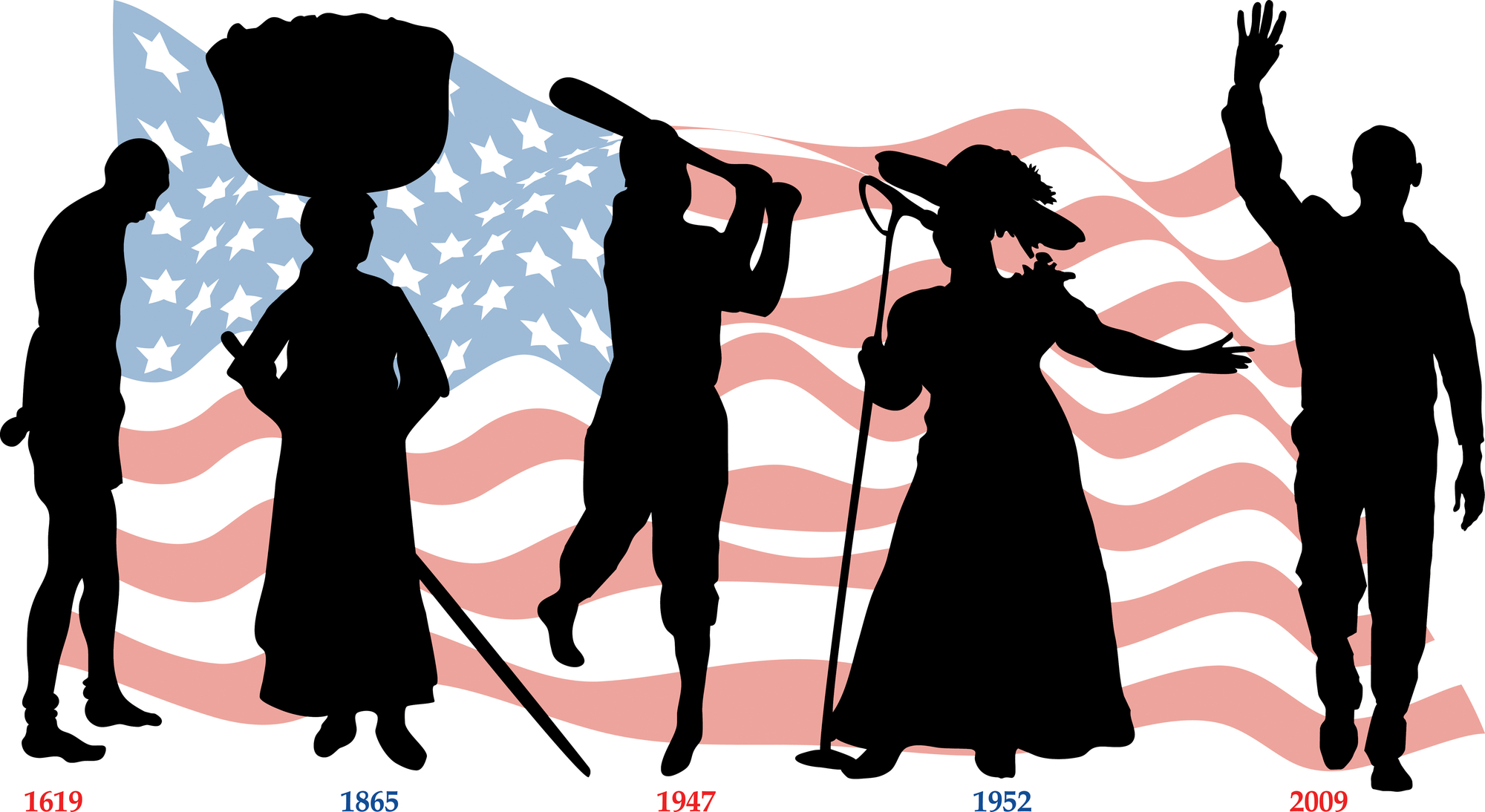
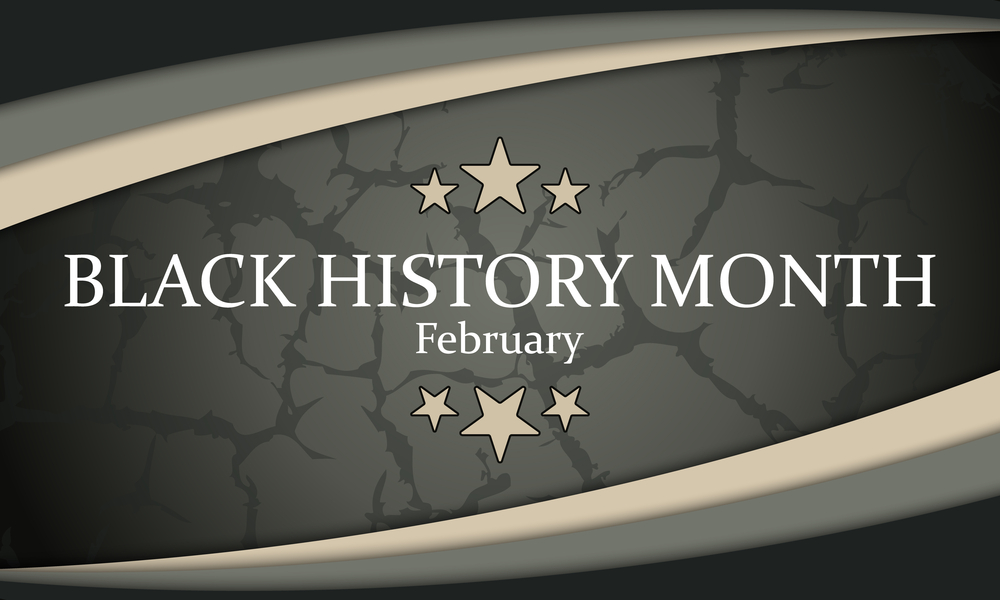
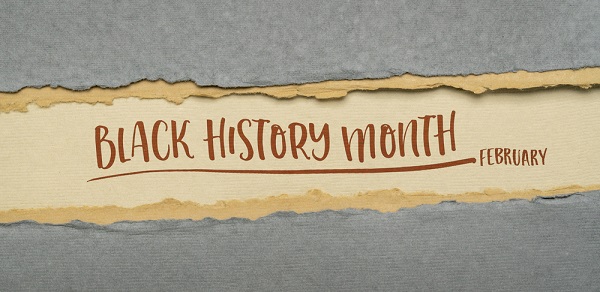 I lived in Eutopia[1] once on a small street of rowhouses off of a main shopping street in West Philadelphia. Our neighbors were African American like us (we were called Negroes then), Jewish, Italian-American, Polish-American, Armenian, Chinese-American, and Hungarian refugees. I went to school with the children of Holocaust survivors, knew people who had escaped from communist countries, and other Black people who had left the American South under threat. We shopped at the Armenian grocery store, steak and hoagie shops, a local pharmacy, a tailor shop, Murray’s Delicatessen, the corner grocery store, and the Five-and-Ten. We walked to school together in the mornings, walked home together for lunch, back to school, and home again in the evenings, carrying on conversations the whole way. Police officers walked the beat up and down 60th Street, and we knew who they were by name.
I lived in Eutopia[1] once on a small street of rowhouses off of a main shopping street in West Philadelphia. Our neighbors were African American like us (we were called Negroes then), Jewish, Italian-American, Polish-American, Armenian, Chinese-American, and Hungarian refugees. I went to school with the children of Holocaust survivors, knew people who had escaped from communist countries, and other Black people who had left the American South under threat. We shopped at the Armenian grocery store, steak and hoagie shops, a local pharmacy, a tailor shop, Murray’s Delicatessen, the corner grocery store, and the Five-and-Ten. We walked to school together in the mornings, walked home together for lunch, back to school, and home again in the evenings, carrying on conversations the whole way. Police officers walked the beat up and down 60th Street, and we knew who they were by name.